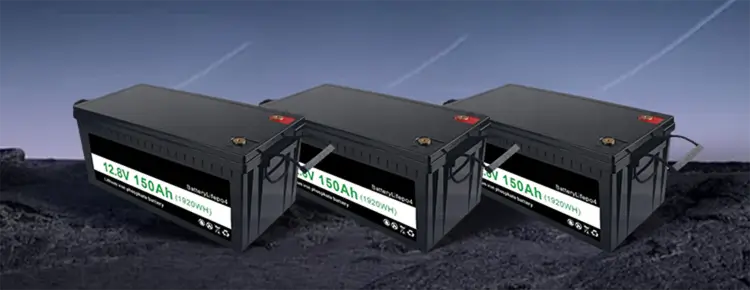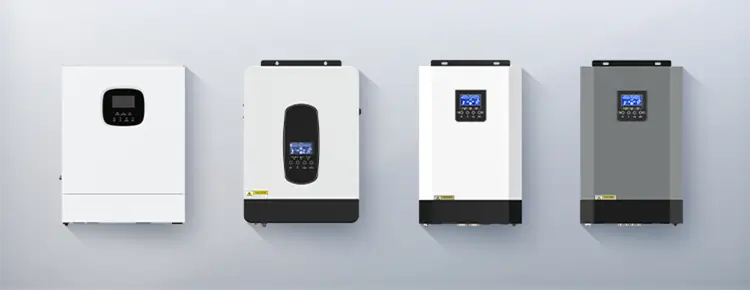



Blog
Hot Category
Latest Blog
09 Jun 2025
Flora
With the advancement of technology, many types of batteries have appeared on the market, among which lithium batteries and alkaline batteries are the most common. Lithium batteries are favored for their high energy density, long life and lightness, and are widely used in smart phones, laptops, portable power station, electric vehicles and other fields. Alkaline batteries, on the other hand, have become a common power source for household remote controls, flashlights, toys and other devices due to their affordability, good stability and wide availability. Next, we will explore the differences between lithium batteries and alkaline batteries in terms of performance characteristics, safety, environmental protection and applicable scenarios to help us make a more appropriate choice.

Performance
Voltage and energy density: Lithium batteries have higher voltage and greater energy density, making them suitable for high-power consumption devices; alkaline batteries have stable voltage and relatively low energy density.
Cycle life: Lithium batteries can be charged and discharged repeatedly and have a long cycle life; alkaline batteries can only be used once.
Self-discharge rate: Lithium batteries have a low self-discharge rate and less power loss during long-term storage; alkaline batteries have a relatively high self-discharge rate.
Temperature adaptability: Lithium batteries perform better in extreme temperatures; alkaline batteries have a narrower temperature adaptability.
Security
Leakage risk: Alkaline batteries have a risk of leakage, which may damage the device; lithium batteries have a low risk of leakage and have multiple safety protection measures.
Environmental protection
Rechargeability: Lithium batteries are rechargeable, reducing battery waste; alkaline batteries are not rechargeable and are less environmentally friendly.
Material toxicity: Lithium batteries do not contain hazardous substances such as mercury; alkaline batteries contain low mercury, and some models do not require special recycling.
Economic aspects
Cost: Alkaline batteries are generally cheaper and suitable for low-power devices; lithium batteries are more expensive but may cost less in the long run.
Applicable scenarios
High power consumption equipment: such as digital cameras, portable power station, laptops, etc., lithium batteries are more suitable.
Low-power devices: such as remote controls, wall clocks, etc., alkaline batteries are an economical choice.
When choosing between lithium batteries and alkaline batteries, there is no absolute "good" or "bad". The key lies in whether their respective characteristics meet our specific needs and scenarios. With the continuous advancement of battery technology, more new types of batteries may appear in the future, bringing more convenience and possibilities to our lives.